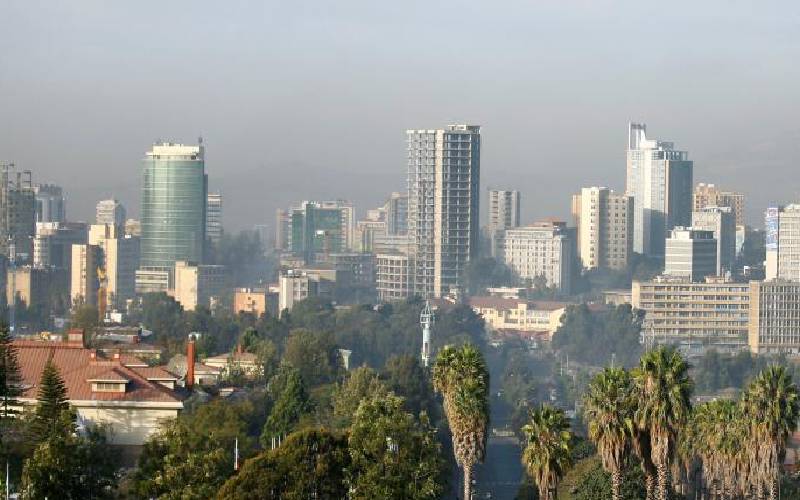×
The Standard e-Paper
Home To Bold Columnists

Ethiopia’s Parliament passed a bill on Wednesday to open up the country’s financial sector to an estimated five million of its citizens who have taken other nationalities, including allowing them to buy shares in local banks and start lending businesses.